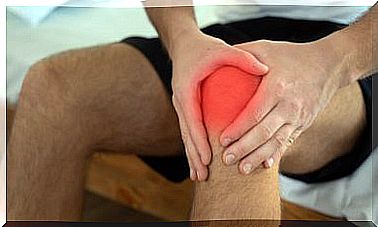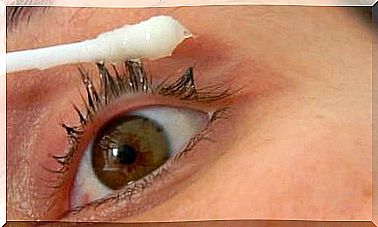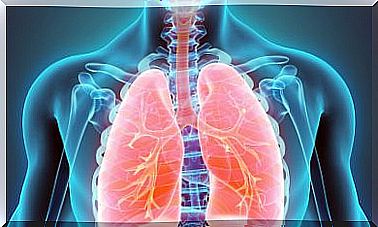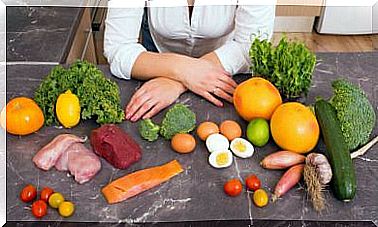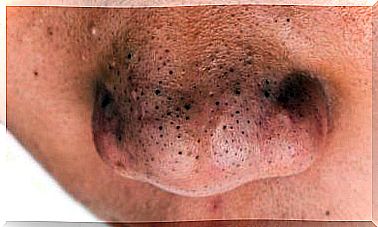How To Improve Intestinal Transit?
Improving intestinal transit is possible if healthy habits are adopted, mainly in relation to diet and exercise. If after doing this there is no improvement, it is advisable to consult a specialist.
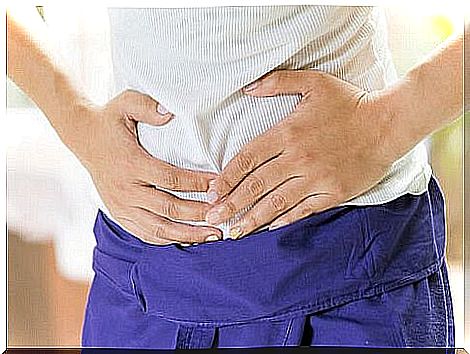
Improving intestinal transit is not as difficult as some suppose. You don’t need to take extravagant measures or make extreme sacrifices to get there. Rather, it has to do with cultivating simple habits and sticking with them.
Constipation is a very common problem today. It is estimated that three out of ten people suffer from it, affecting mainly women. However, most people manage to improve bowel movements when they adopt a more careful lifestyle.
Many people turn to laxatives to control their constipation problem, but this is not advisable due to side effects. Much better is to take specific measures to improve intestinal transit and thus solve the problem.
Intestinal transit
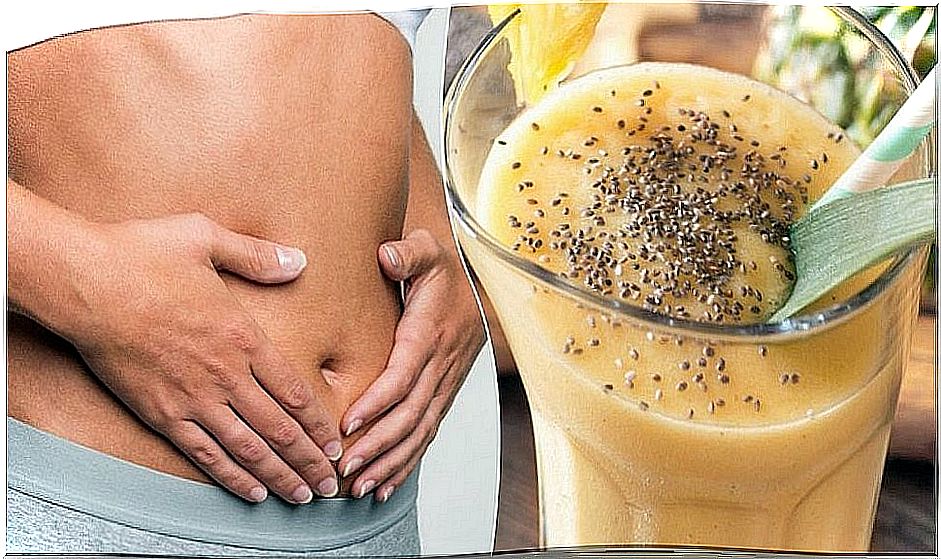
Intestinal transit is the amount of time it takes for food to go from the beginning of the digestive system , in the mouth, to the end – in the anus. The normal thing is that it takes between 30 and 40 hours the total of the route. A range of 72 to 100 hours, particularly in women, is still considered normal.
Although the times vary greatly from person to person, if the passage through the rectum takes more than 100 hours, it is a slow intestinal transit. This is a decisive factor for constipation to occur. If the transit is very fast, diarrhea occurs. Neither condition is desirable.
Improving intestinal transit is basically equivalent to increasing your rhythm to avoid the discomfort that constipation or constipation brings. The idea is to increase bowel movements and thereby increase the frequency of defecation.
Diet to improve intestinal transit
Diet is the most expeditious way to improve intestinal transit. Rather than depriving yourself of something, these diets are intended to introduce some foods that accelerate the rate of digestion.
It is advisable to increase your fiber intake. It is very appropriate to prefer whole foods, mainly cereals. It is very positive to ingest them, since they are an abundant source of fiber, which is key to improving intestinal transit. Fruits, vegetables, legumes, and nuts are also high in fiber.
It is very beneficial to consume probiotic and prebiotic foods. They contain acidophilus bacteria , which help prevent health problems, including constipation. Likewise, it is advisable to drink at least one and a half liters of water a day, as this facilitates the transit of stool through the colon.
Specific exercises

Exercise in general is very positive and contributes to improving intestinal transit. In particular, aerobic exercises, doing sit-ups, and hip mobility practices are highly effective in preventing constipation. Sometimes the results are seen almost immediately.
Together, all these exercises activate the muscles of the belly and promote the movement of the intestines. The most recommended aerobic exercise is to walk for thirty minutes every day at a vigorous pace. The abdominals, meanwhile, should be done three times a week and in each session include three series of fifteen exercises.
The most advisable thing is to lie down on the floor and gently bring your knees up to your chest, holding this flexion for fifteen seconds. Hip mobility exercises can be rotations, stretches or anything that puts that area in motion.
Other recommendations
One of the most important measures to improve intestinal transit is to re-educate the intestine. The goal is to create a routine in which bowel movements are always made at the same time. To achieve this, choose an hour and sit on the toilet for ten minutes every day.
It is convenient to go to the bathroom as soon as you feel the need to do so and not make great efforts to defecate. A massage in the abdomen, in the same sense of the hands of the clock, is very suitable to accelerate the intestinal transit. It should be done for five minutes.
Tight clothing hinders bowel movements and is therefore not convenient. It is best to avoid or reduce the consumption of coffee, tea and tobacco. White flours, hard cheese and sugar are also not favorable. Taking an infusion of digestive plants after each meal usually helps a lot.
